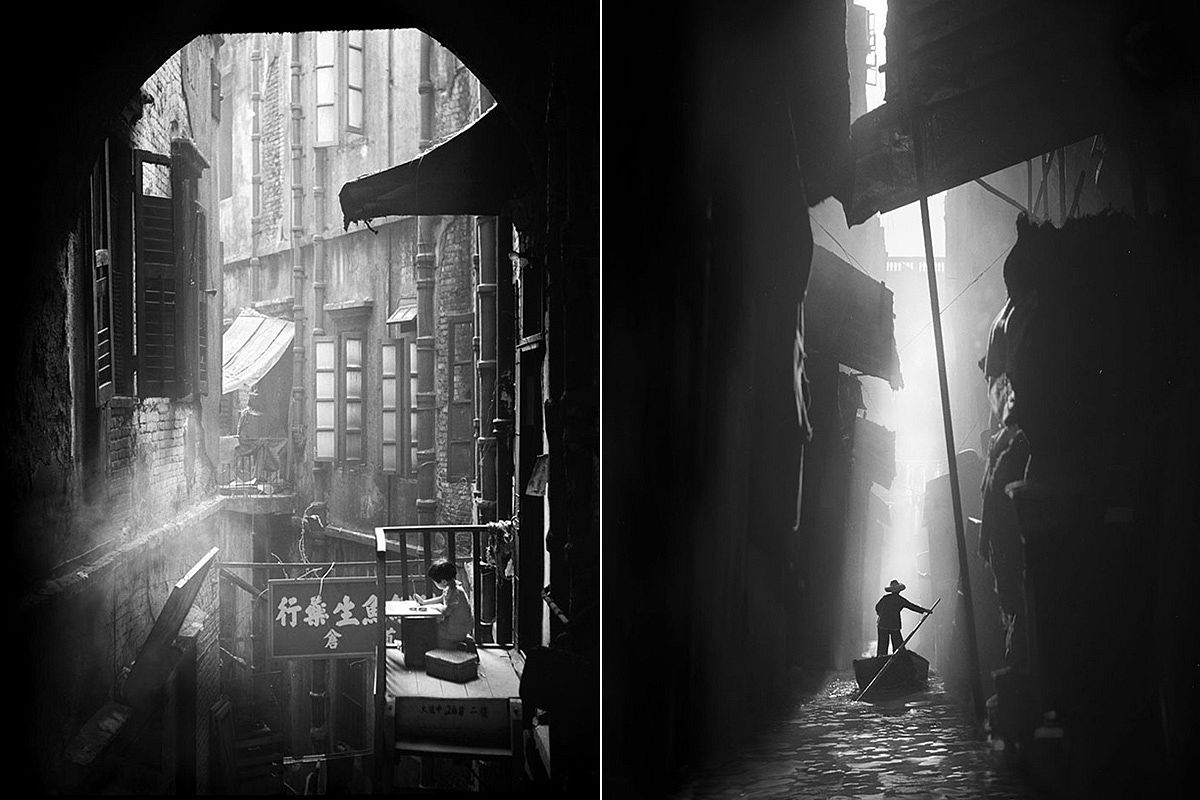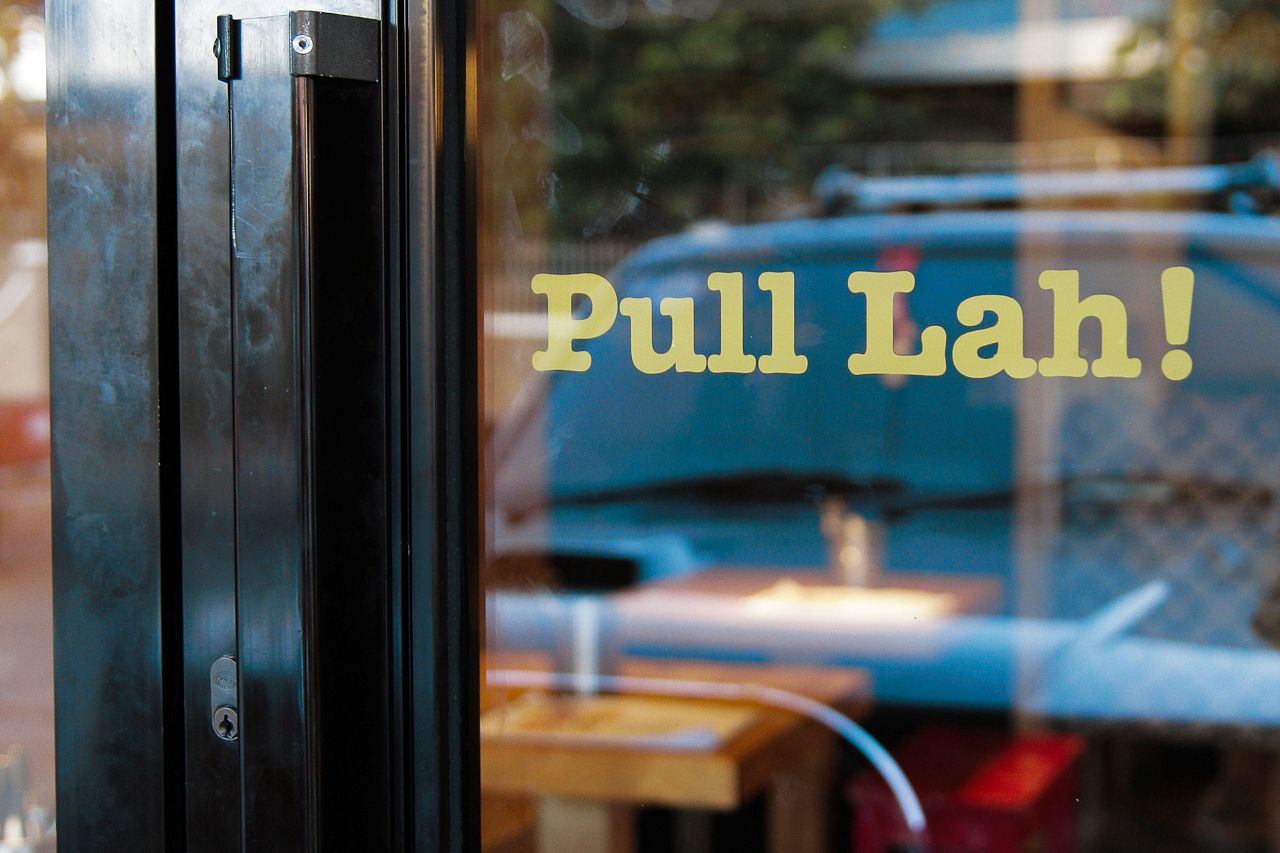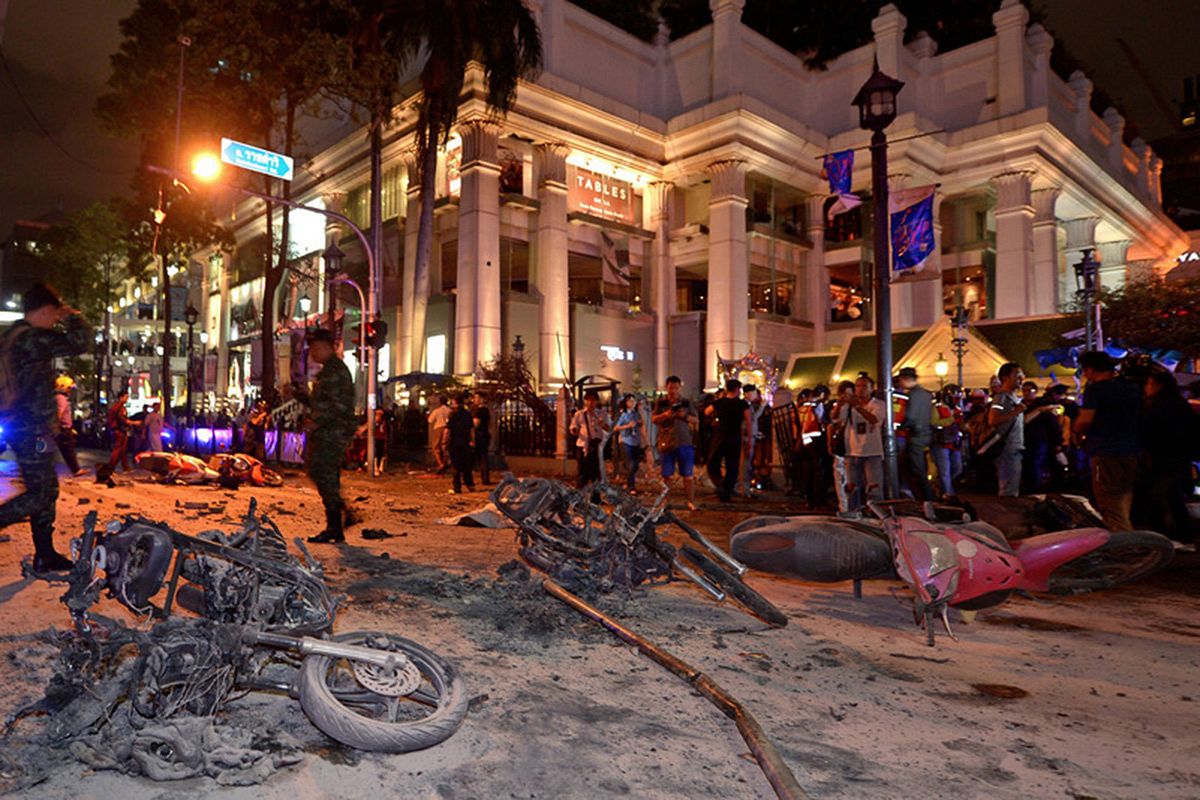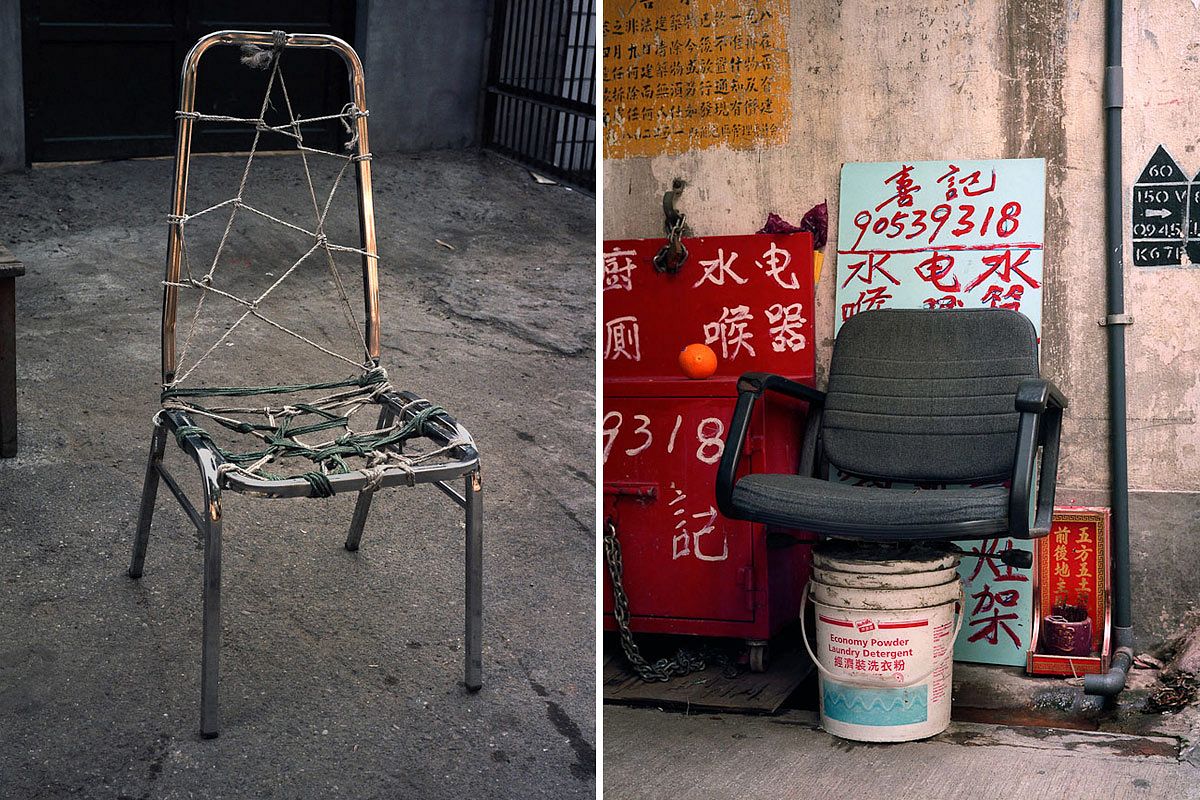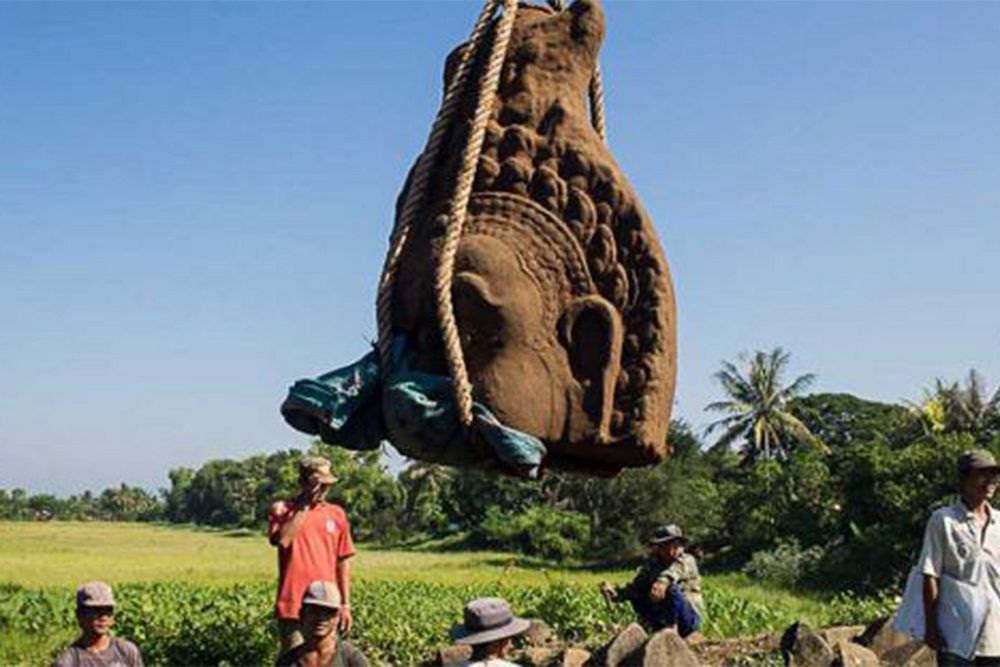While Vietnam plans to release 20,000 prisoners over the next two years, easing the congestion in its facilities and saving US$9 million in the process, inmates in the Philippines are feeling the crush of desperately overcrowded prisons.
Ever since Filipino president Rodrigo Duterte took office on June 30, the country’s prisons have struggled to keep up with the president’s unprecedented war on crime, reports the Daily Mail.
The Quezon City Jail, for instance, was originally built to house 800 inmates; today, it’s home to 3,800. Prisoners sleep in shifts, often on the floor of the outdoor basketball court, and while prison management tries its best to keep the inmates comfortable with dance competitions and other activities, conditions are dire.


Inmates sleep in shifts inside Quezon City Jail. Photos via the Daily Mail.
According to government statistics, Philippine jails are nearly five times over capacity, making the country’s correctional facilities the third most congested in the world. Since Duterte’s inauguration, law enforcement have reported the arrests of over 4,300 more people, further worsening prison conditions in the Philippines.
“If there are no new jails, no budget increases, no additional courts and prosecutors, the system will explode,” Raymund Narag, a criminal justice scholar at the Southern Illinois University in the United States, told the Daily Mail. “That will be a humanitarian crisis.”
Narag has firsthand knowledge of the situation. At 20, the scholar was accused of killing a student at his university from a rival fraternity house. It took seven years to acquit Narag, now 41, of the charges. This highlights the painfully slow criminal justice system in the Philippines, another factor contributing to the increasingly cramped prison conditions.
And yet, the inmates trapped in Philippine jails are lucky to be alive. On the outside, extrajudicial killings have claimed the lives of roughly 800 people since early May when Duterte was officially elected, according to Al Jazeera.
Before his election, Duterte built a reputation as the mayor of Davao, a city in the southern Philippines, for cracking down on crime in a similar fashion. Since taking office, the president has encouraged law enforcement to kill suspected drug dealers and drug users, assuring police he would give them a medal for their efforts.
Though human rights groups have spoken out against Duterte’s deadly brand of vigilante justice, the president shows no signs of stopping. Over the weekend, Duterte publicly linked 150 judges, mayors, legislators, police and military personnel to the drug trade, reports the Globe and Mail. In a nationally televised speech, Duterte read out the names of the accused and ordered them to surrender for investigation. The president also relieved all suspected law enforcement and military personnel and ordered the removal of government security details from suspected politicians.
“All military and police who are attached to these people, I’m giving you 24 hours to report to your mother unit or I will whack you,” Duterte said, according to the Globe and Mail. “I’ll dismiss you from the service.”
Duterte also pointed out that the accused may or may not be guilty – he’s not sure yet – but he felt compelled to share the information with the public.
“My mouth has no due process,” the president said during the broadcast.
While many Filipinos appreciate Duterte’s brazen attitude and forceful approach, the tides may soon begin to turn. Late last month, the body of sidecar driver Michael Siaron was found on a Manila street, accompanied by a cardboard sign reading “I am a drug pusher, don’t emulate”, reports The Atlantic.

Dubbed “La Pieta” after Michaelangelo’s famed painting, photographer Raffy Lerma's picture has been circulated to news outlets around the world. Duterte has since mocked the photograph and blamed the media for giving it too much attention. Photo via The Atlantic.
As TV cameras and photographers crowded around, Siaron’s distraught girlfriend, Jennilyn Olayres, cradled his body. One particular image, taken by Philippine Daily Inquirer photographer Raffy Lerma, has reached news outlets around the world, drawing attention to the humanitarian crisis brought on by Duterte’s war on crime. As a result, politicians and former officials are now calling for an investigation into these vigilante killings. In the meantime, Duterte seems unfazed by the public reaction, leaving Filipinos both in and out of prison wondering what will happen next.
[Top photo via IB Times]



